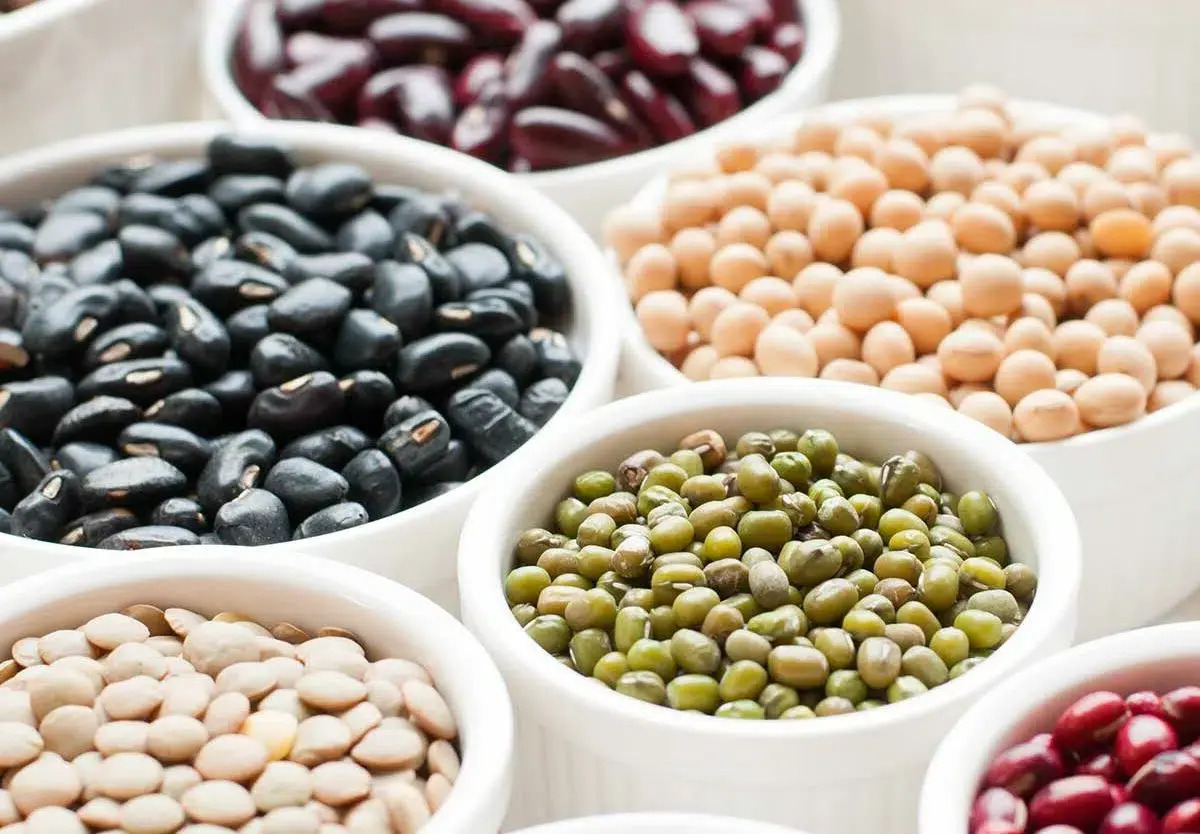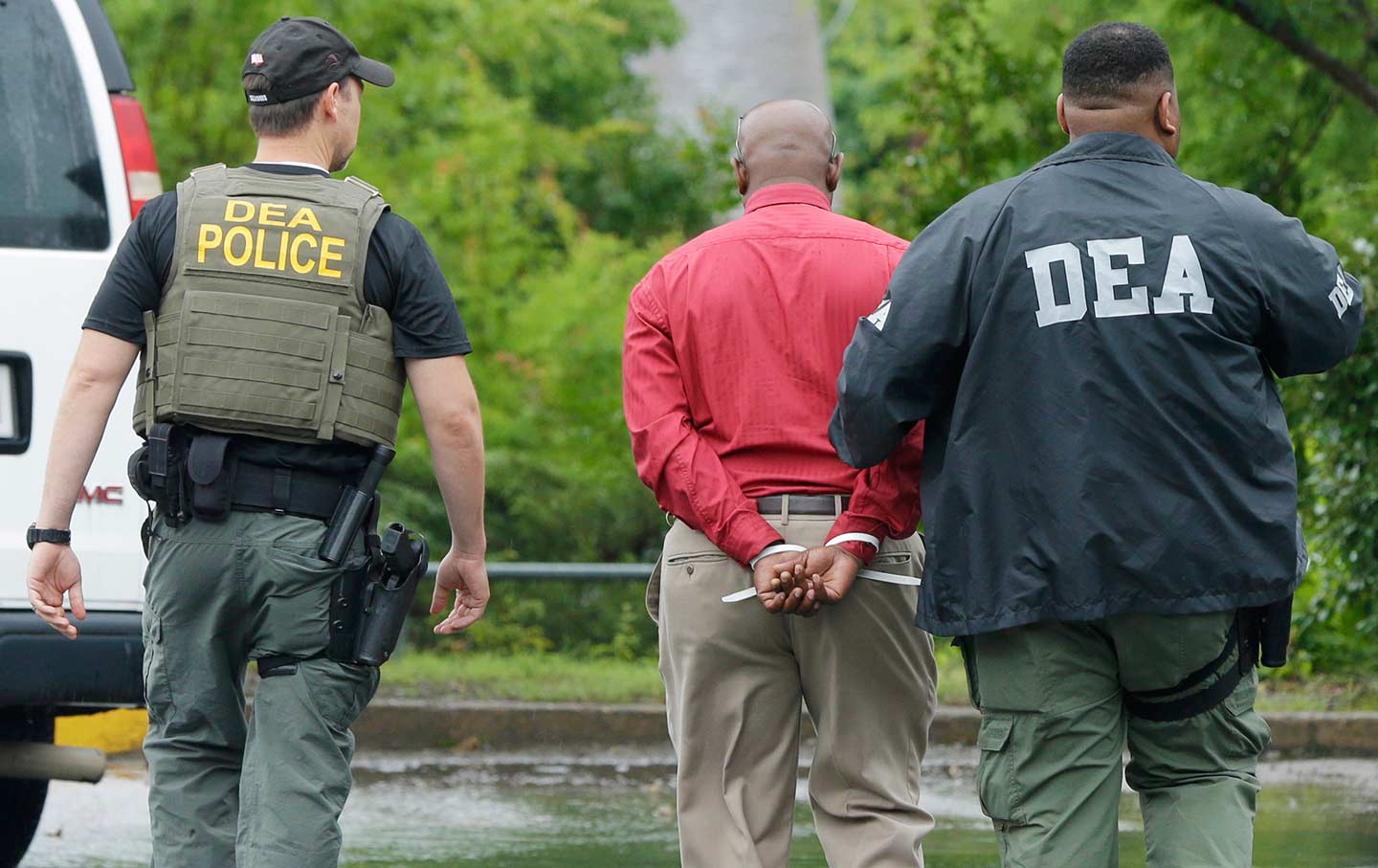
Ever wondered why Knife Crime Awareness Week grabs headlines every May? Well, you're about to find out! From May 15th to May 21st, communities across the globe unite to shine a spotlight on an issue that's more than just a statistic; it's a call to action. Knife Crime Awareness Week isn't just about alarming numbers; it's about real stories, prevention strategies, and the collective effort to make our streets safer. Why does this week matter, and how can you play a part in it? Whether you're a concerned citizen, a policy maker, or just curious, understanding the significance of this week could be a game-changer. Ready to cut through the noise and get to the heart of the matter? Let's dive into the world of knife crime awareness and discover how knowledge can be our sharpest tool in the fight against violence.
Key Takeaways:
- Knife Crime Awareness Week brings communities together to educate, prevent, and remember victims. It aims to reduce knife-related incidents and promote safer communities through various activities and campaigns.
- Getting involved in local initiatives, social media campaigns, and donating to organizations can make a real difference in combating knife crime. The collective actions during this week have shown potential for long-term change.
What is Knife Crime Awareness Week?
Knife Crime Awareness Week, observed from May 15th to May 21st, serves as a pivotal time for communities, law enforcement, and organizations to come together to raise awareness about the dangers of knife crime. This week-long event focuses on education, prevention strategies, and remembering victims who have lost their lives to such violence. Through various activities and campaigns, the goal is to reduce knife-related incidents by promoting safer communities.
Why Knife Crime Awareness Week Matters
-
Knife crime poses a significant threat to public safety, affecting individuals and communities across various regions. This week shines a spotlight on the issue, encouraging a collective effort to tackle the problem.
-
It provides a platform for victims' families and survivors to share their stories, offering insights into the devastating impact of knife crime. These personal accounts play a crucial role in educating the public and fostering empathy.
-
Awareness initiatives launched during this week help to disseminate information on legal consequences, preventive measures, and support services available for those affected by knife crime.
Key Activities During Knife Crime Awareness Week
-
Educational workshops and seminars are organized in schools, colleges, and community centers, aiming to educate young people about the risks associated with carrying knives.
-
Police forces often conduct knife amnesties, allowing individuals to surrender knives and other potentially dangerous weapons without facing prosecution, thereby reducing the number of these items on the streets.
-
Vigils and memorial services are held to honor and remember victims of knife crime, providing a space for communal healing and solidarity.
How to Get Involved
-
Volunteering for local initiatives focused on youth engagement and violence prevention is a great way to contribute. These programs often need support in various forms, from mentoring to logistical help.
-
Social media campaigns play a vital role in spreading the word. Participating in or starting online awareness campaigns can significantly increase the reach and impact of knife crime prevention messages.
-
Donating to charities and organizations that work tirelessly to combat knife crime and support affected families can make a real difference. Financial contributions aid in sustaining their efforts and expanding their reach.
The Impact of Knife Crime Awareness Week
-
By fostering a better understanding of the causes and consequences of knife crime, this week helps in developing more effective strategies to combat this issue.
-
The collective actions taken during Knife Crime Awareness Week have been shown to lead to a temporary reduction in knife-related incidents, demonstrating the potential for long-term change through sustained efforts.
-
Engaging with young people during this week has proven to be particularly effective in altering perceptions about carrying knives, with many expressing a changed attitude towards violence and conflict resolution.
Looking Ahead
- The fight against knife crime is ongoing, and Knife Crime Awareness Week is just one of many steps towards creating safer communities. Continued education, policy reform, and community engagement are essential in maintaining the momentum and ensuring lasting change.
A Final Slice Through Misconceptions
Knife crime awareness isn't just about highlighting the dangers; it's about cutting through the fear with knowledge and action. From May 15th to May 21st, communities come together, armed with facts and a commitment to change. This week serves as a crucial reminder that prevention starts with awareness. By educating ourselves and others, we're not just bystanders but active participants in crafting safer neighborhoods. Let's carry the lessons learned beyond this week, making every effort to understand the root causes and work towards solutions. Remember, change doesn't happen overnight, but each step forward is a step away from violence. Let's keep the conversation going, support local initiatives, and empower our youth with alternatives to violence. Together, we can make a difference.
Frequently Asked Questions
Was this page helpful?
Our commitment to delivering trustworthy and engaging content is at the heart of what we do. Each fact on our site is contributed by real users like you, bringing a wealth of diverse insights and information. To ensure the highest standards of accuracy and reliability, our dedicated editors meticulously review each submission. This process guarantees that the facts we share are not only fascinating but also credible. Trust in our commitment to quality and authenticity as you explore and learn with us.


